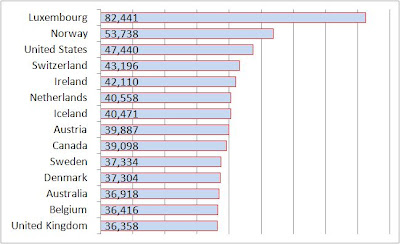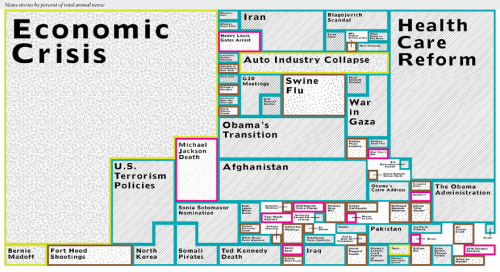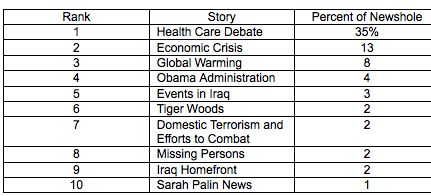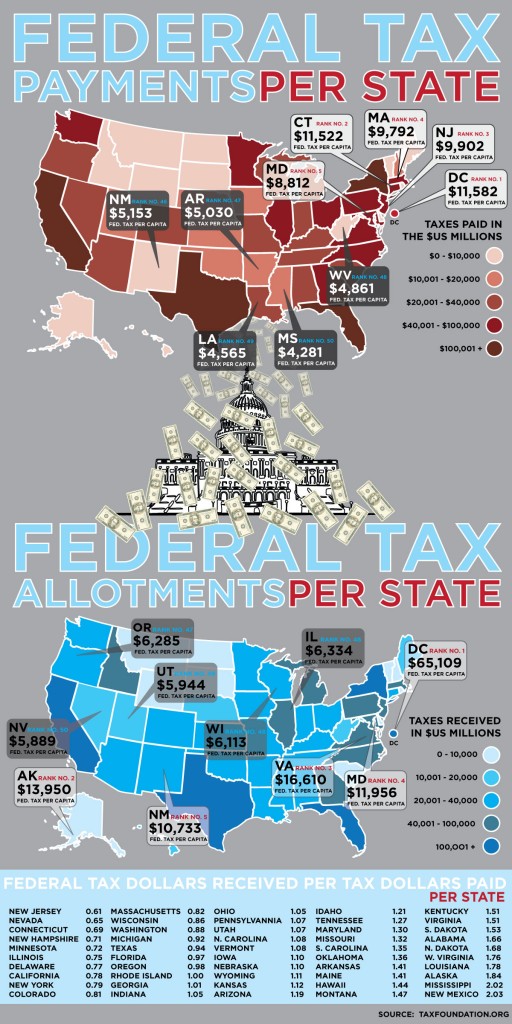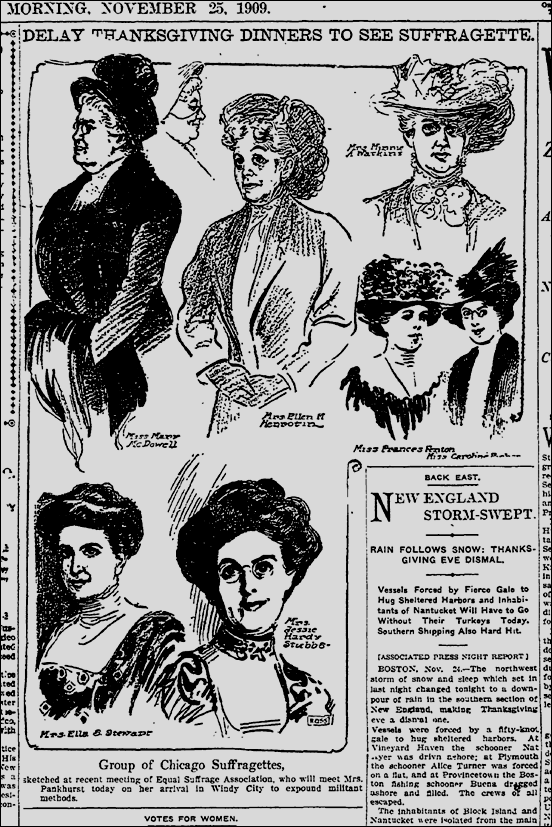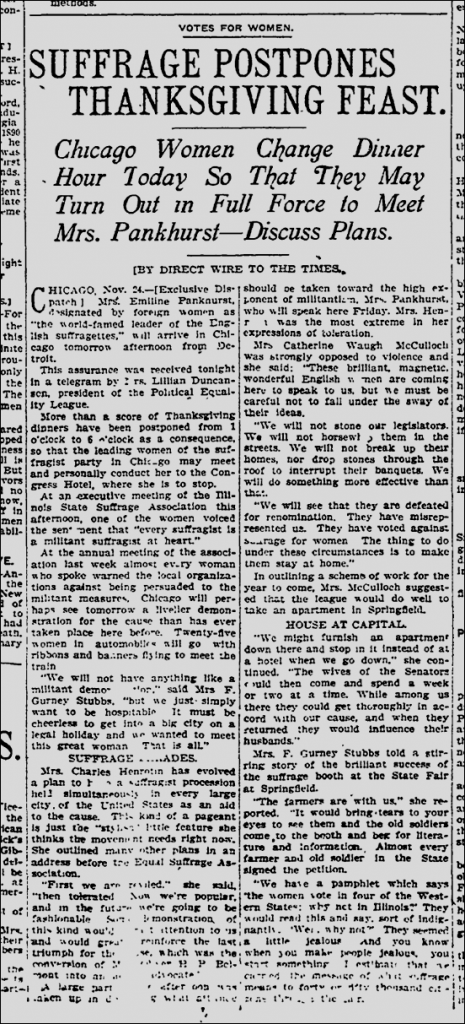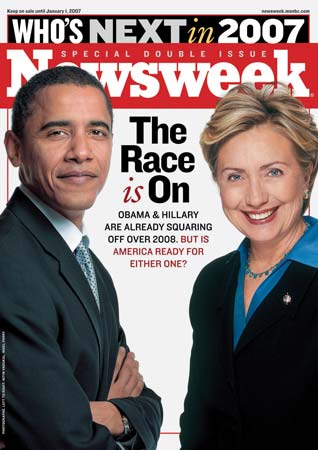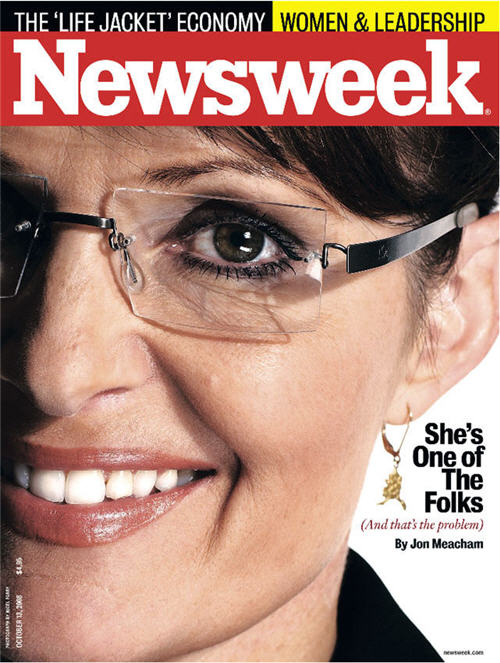This Clymer for Pennsylvania governor poster attacks his opponent, Geary, and the Republican exponents of black suffrage, with a familiar caricature of blackness (Jim Crow History):
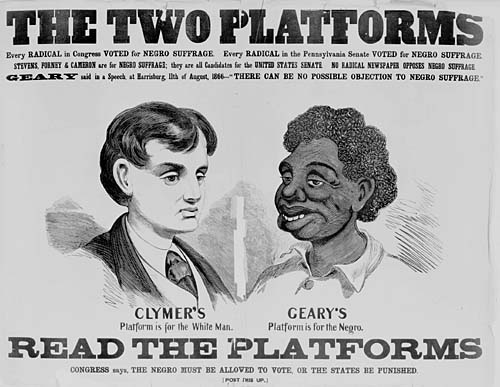
Text:
Every RADICAL in Congress VOTED for NEGRO SUFFRAGE. Every RADICAL in the Pennsylvania Senate VOTED for NEGRO SUFFRAGE. STEVENS, FURNEY, & CAMERON are for NEGRO SUFFRAGE; they are all Candidate for the UNITED STATES SENATE. NO RADICAL NEWSPAPER OPPOSES NEGRO SUFFRAGE. GEARY said in a Speech at Harrisburg, 11th of August, 1866 — “THERE CAN BE NO POSSIBLE OBJECTION TO NEGRO SUFFRAGE.”
For more caricatures of black people in U.S. history, see these posts: one, twp, three, four, five, six, seven, eight, nine, ten, eleven, thirteen, fourteen, fifteen, sixteen, seventeen, eighteen, and nineteen.
And for examples of modern reproductions of these stereotypes (literally), see these: one, two, three, four, and five.
Lisa Wade, PhD is an Associate Professor at Tulane University. She is the author of American Hookup, a book about college sexual culture; a textbook about gender; and a forthcoming introductory text: Terrible Magnificent Sociology. You can follow her on Twitter and Instagram.


